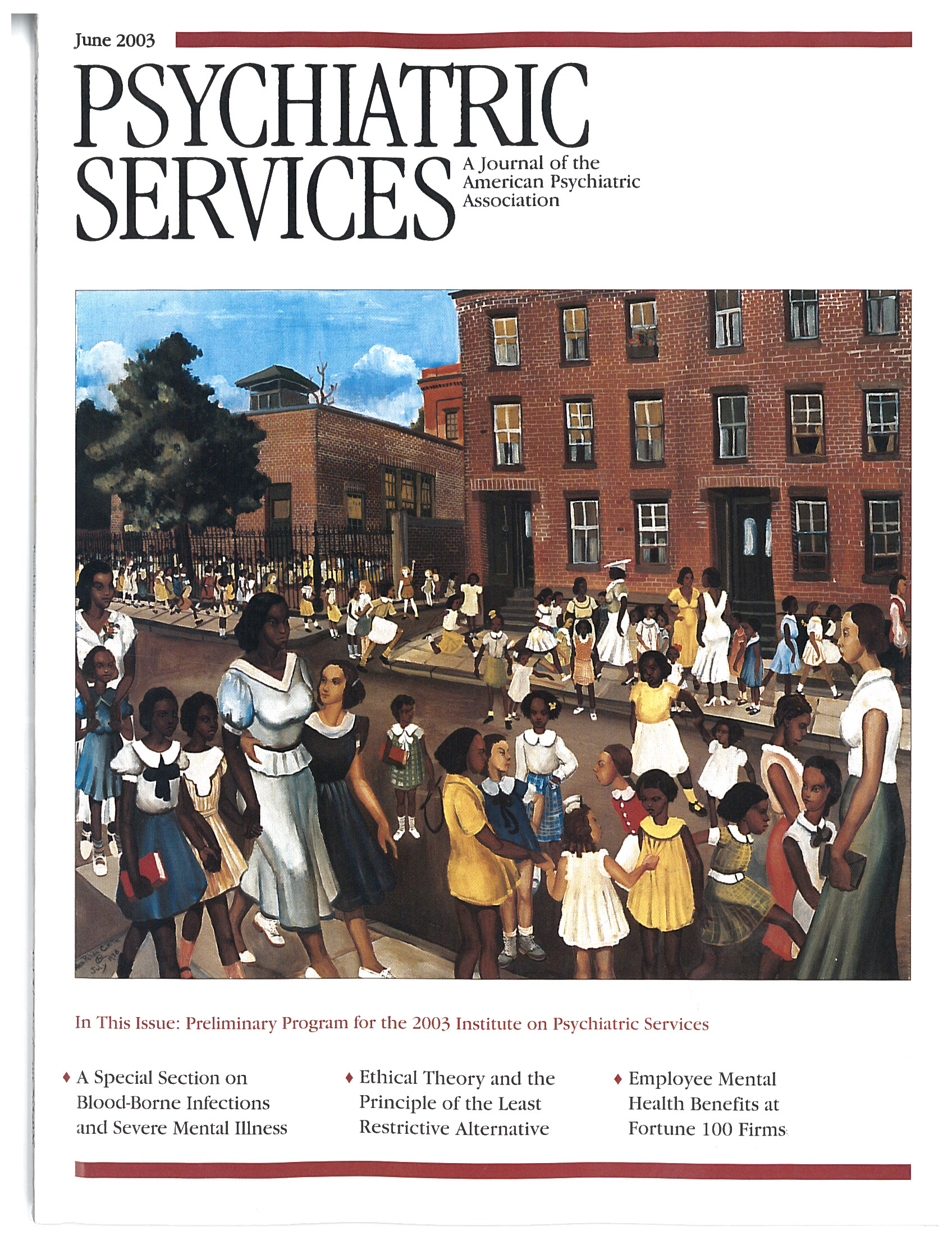Blood-Borne Infections and Persons With Mental Illness: Substance Abuse and the Transmission of Hepatitis C Among Persons With Severe Mental Illness
Abstract
OBJECTIVES: The authors sought to better understand the relationship of substance abuse to higher rates of transmission of hepatitis C among persons with severe mental illness. METHODS: The authors assessed 668 persons with severe mental illness for HIV, hepatitis B, and hepatitis C infection through venipuncture. Demographic characteristics, substance abuse, and risk behaviors for blood-borne infections were assessed through interviews and collection of clinical data. RESULTS: Eighty-two percent of the assessed persons were not infected, and 18 percent had hepatitis C. Among those with hepatitis C infection, 546 (82 percent) tested negative for all viruses. Of the 122 (18 percent) who had hepatitis C, 53 (8 percent) had only hepatitis C, 56 (8 percent) had both hepatitis C and hepatitis B, three (1 percent) had hepatitis C and HIV, and ten (2 percent) had all three infections. More than 20 percent of the sample reported lifetime intravenous drug use, and 14 percent reported lifetime needle sharing. Fifty-seven percent had sniffed of snorted cocaine, and 39 percent had smoked crack. A stepwise regression model was used to identify interaction effects of these behaviors and risk of hepatitis C infection among persons with severe mental illness. Use of needles and of crack cocaine were associated with a large increase in the likelihood of hepatitis C infection. CONCLUSIONS: The high rates of co-occurring substance use disorders among persons with severe mental illness, coupled with the role of substance abuse as the primary vector for hepatitis C transmission, warrants special consideration.



